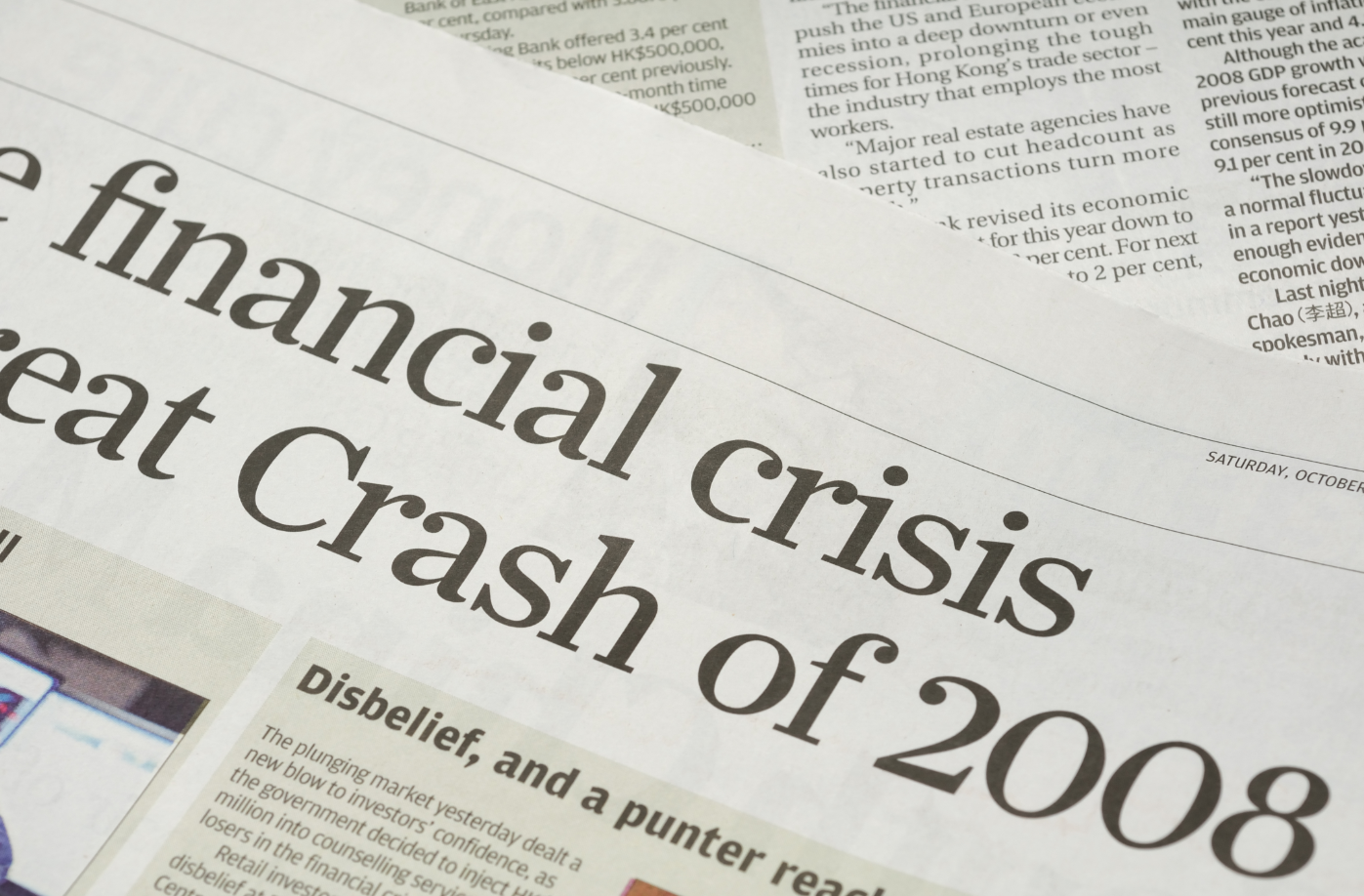[B-SIDE Podcast] Votes for sale

Vote buying is prohibited under the Omnibus Election Code, with penalties of imprisonment for one to six years, disqualification to hold public office, and forfeiture of one’s right to vote if found guilty.
And yet, vote buying still happens.
In this B-Side episode, Froilan C. Calilung, a political science professor at the University of Santo Tomas, talks about the legalities and loopholes that have allowed vote buying to become part of the Philippine political system, with structures built by those with power and money. “We could simply say that poverty is one of the contentious issues why we have vote buying, and why it is still very much prevalent in our society nowadays,” he tells BusinessWorld reporter Alyssa Nicole O. Tan. “Many Filipinos actually see election time as a frivolous event — more like a carnival of sorts, if I may say.”
TAKEAWAYS
Utang na loob (debt of gratitude) has a dark side.
Many voters will come from the C, D, and E margins which include the lower middle class, working class, and the poor, making them susceptible to the pressure of accepting bribes in exchange for votes.
There are two schools of thought when it comes to vote buying, said Mr. Calilung: “One of which says that you vote according to your conscience which means… you don’t accept the money at all,” he explained, “and the other one is relevant to the idea of accepting the money but not voting for the candidates.”
He added that vote buying doesn’t even have to involve money; it can come in the form of canned goods, job placements, leisure opportunities, or whatever gains the candidate any sort of favor — this, in turn, leads to “utang na loob,” or a feeling of indebtedness.
Vote buying shouldn’t be ‘condoned, normalized, or romanticized’ no matter how widespread it is.
People have learned how to rationalize vote buying. “The premise and the belief that this money is ours, this is taxpayer’s money that these politicians get, and they’re just trying to give it back to us,” said Mr. Calilung.
Even better: when a preferred candidate buys a vote that was already theirs. “They are hitting two birds with one stone.”
However, Mr. Calilung said vote buying must not be condoned, normalized, or romanticized even if the Commission on Elections is unable to prevent it.
If you can’t reform politicians, reform the populace instead.
Appealing to the collective conscience to “do the right thing,” might work, said Mr. Calilung, who pointed to non-government organizations and the church as possible messengers.
Eliminating vote buying, he added, will “open the floodgates for more honest, competent, and highly qualified political aspirants to join the fray.”
“I think it all boils down to the kind of moral fiber that we have,” Mr. Calilung said, but this reasoning only works for the privileged. “Poverty is still going to play a big role in the elections, and it will factor in the decision to accept money from the candidates.”
Recorded remotely in December 2021. Produced by Brontë H. Lacsamana, Jino D. Nicolas, and Sam L. Marcelo.




